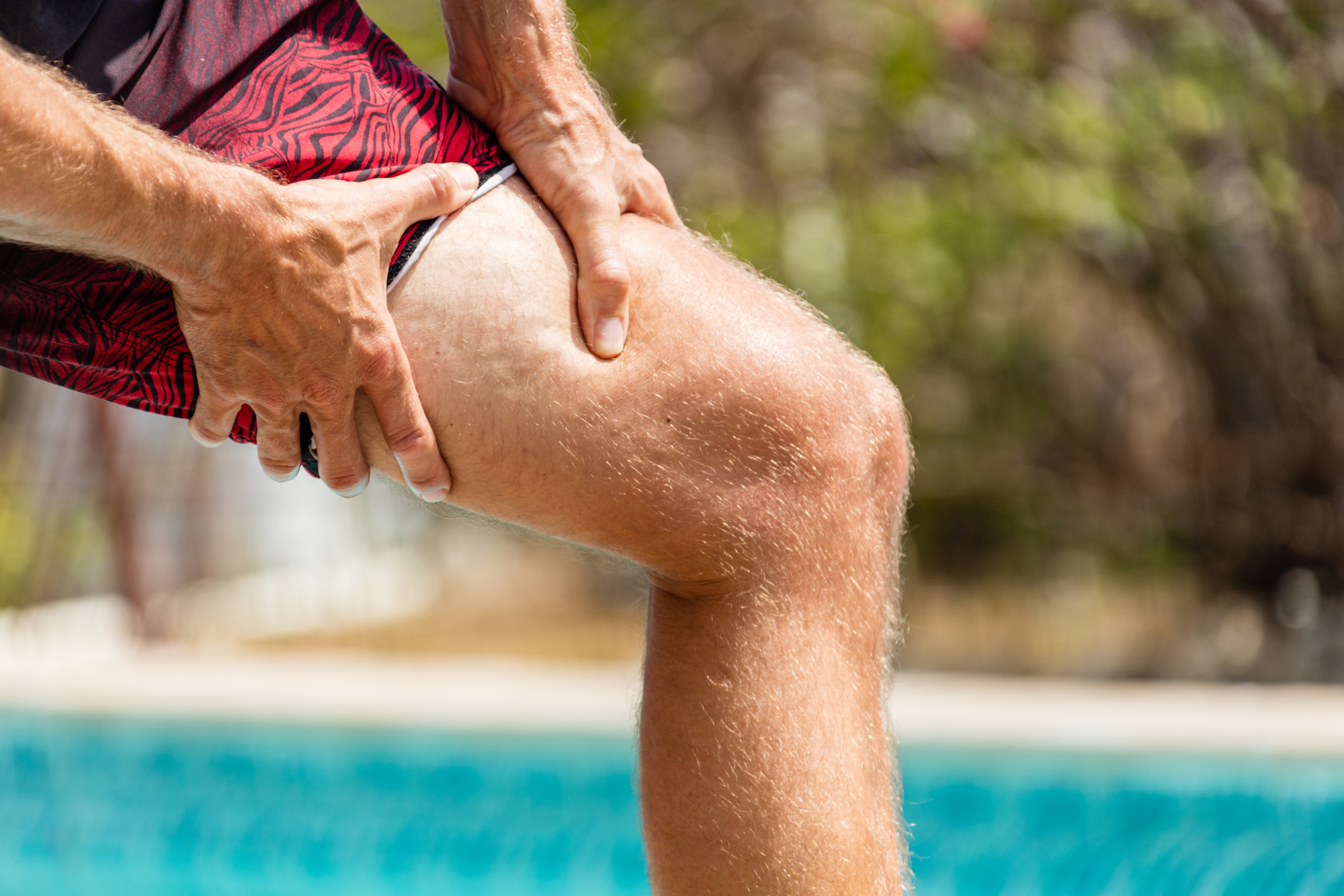

Approximately 8.5 million Americans suffer from peripheral artery disease (PAD), a condition that restricts blood flow and increases the risk of clots. Like coronary artery disease, PAD involves plaque buildup, but primarily in the arteries that supply the lower extremities.
That’s why the most noticeable symptom of PAD is claudication — leg pain and leg cramps that occur most often when walking, caused by too little blood flow to the muscles.
If you’re over 60, have kidney disease or a family history of heart disease, you’re at higher risk for PAD. If you’re African American, your risk of PAD is twice as high. Now, there’s no cure for PAD, but lifestyle changes — pretty much the same that apply to heart disease — can help reduce symptoms.
Better yet, putting those lifestyle changes, like regular exercise and following a healthy diet, to work early on will go a long way in helping you avoid PAD.
Just be sure to put the most recently discovered modifiable risk factor associated with PAD to work for you, or else your risk of developing this clotting condition could shoot up almost 75 percent…
The effect of short sleep on PAD
Insufficient night-time sleep and daytime napping have previously been associated with a raised risk of coronary artery disease which, like PAD, is caused by clogged arteries, according to Dr. Shau Yuan of the Karolinska Institute in Stockholm. And that’s concerning…
“In addition, sleeping problems are among the top-ranked complaints in PAD patients. There are limited data on the impact of sleep habits on PAD and vice versa, and our study aimed to fill that gap.”
The study was conducted in two parts and involved more than 650,000 participants. First, they analyzed the links between sleep duration and daytime napping and the risk of PAD.
Then, they used genetic data to examine causality and show whether the sleep habits were causing PAD or the other way around.
The strongest evidence indicated that short sleep impacted PAD — and it was a two-way street…
- They found that sleeping less than 5 hours a night was associated with a 74 percent greater likelihood of developing PAD when compared with sleeping 7 to 8 hours a night.
- In the causal part of the study, getting less than 5 hours of sleep increased the risk of PAD, and having PAD increased the likelihood of short sleep.
Regarding long sleep, in an analysis of 53,416 adults, they found sleeping 8 hours or more was linked to a 24 percent higher risk of PAD than sleeping 7 to 8 hours. Napping was linked to a 32 percent greater risk of PAD. But the second part of the study failed to identify causal links.
“More studies are needed on the relationships between lengthy night-time sleep, daytime napping and PAD,” said Dr. Yuan.
Another argument for the sleep sweet spot
Getting good sleep matters — so much so that the American Heart Association’s Life’s Essential 8 acknowledge the research that getting 7 to 9 hours of sleep helps people better manage various aspects of their heart health — and how shortchanging that can have dire consequences.
Dr. Yuan’s study seems to be right in line with that, or at least pretty close: sleeping less than 5 hours a night greatly increased the risk for PAD, compared to sleeping 7 to 8 hours. Maybe sleeping no more than 8 hours is a sleep sweet spot to shoot for.
But because having PAD was also a causal reason for short sleep duration, people living with PAD may have to work harder at sleeping longer. That means managing the leg pain that accompanies PAD.
One supplement that may help is vitamin D…
A review of the scientific literature related to vitamin D and pain management conducted by researchers at The Federal University of São Paulo in Brazil found vitamin D affects the body’s inflammation response in a way that lowers the sensation of pain.
Those same researchers believe vitamin D’s ability to regulate the sleep cycle may add to its ability to reduce pain as well. Vitamin D also works well with melatonin, the sleep hormone available in supplement form. Some research argues that melatonin has a role in cardiovascular health.
If you’re on medication for PAD, it’s a good idea to discuss these supplements with your doctor before adding them.
Sources:
Short night-time sleep linked with nearly doubled risk of clogged leg arteries — European Society of Cardiology
Sleep duration, daytime napping, and risk of peripheral artery disease: multinational cohort and Mendelian randomization studies — European Heart Journal Open
Life’s Essential 8™ – How to Get Healthy Sleep Fact Sheet — American Heart Association